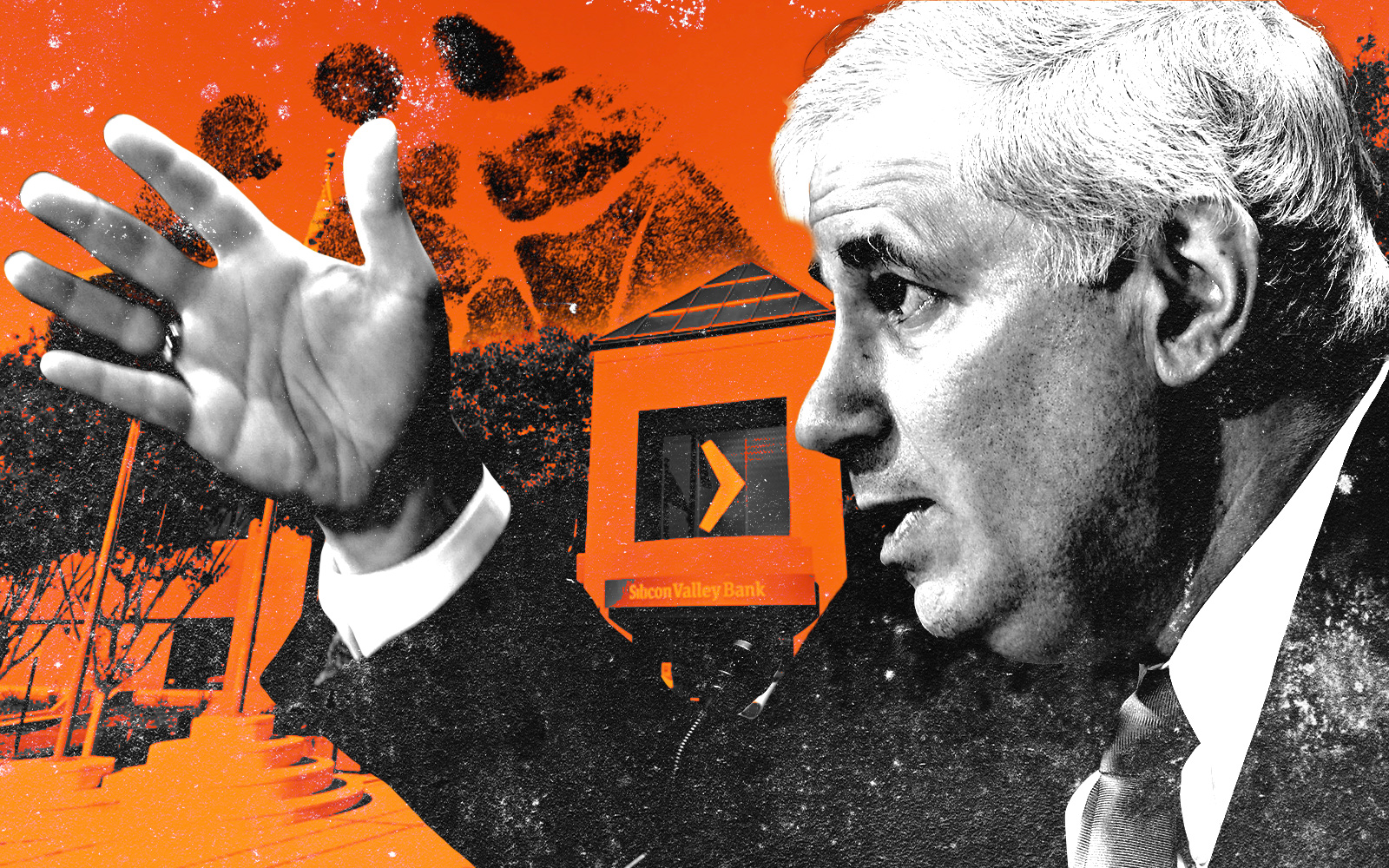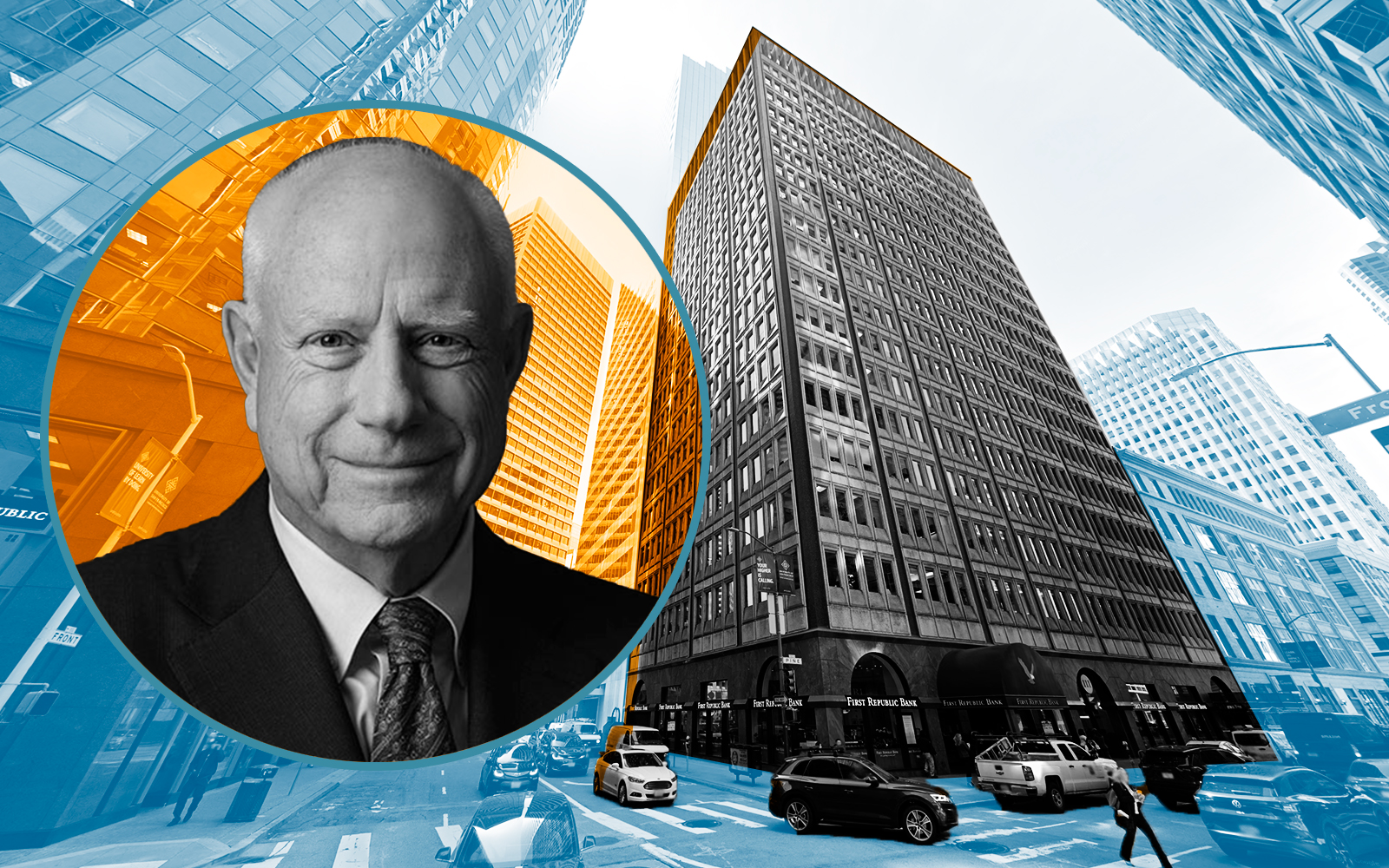The Bay Area’s spring residential market was just getting off its feet after a long, slow winter when news hit on Friday that Silicon Valley Bank was in distress and being taken over by the federal government. Shortly after, the trading of shares for another local bank, First Republic, was temporarily halted by the Securities & Exchange Commission after the price dropped by more than 70 percent.
Residential agents say that the financial news stalled some in-process sales over the weekend. But buyers were buoyed on Monday by the announcement that all depositors in SVB would be made whole and, perhaps even more importantly, that First Republic did not appear to be under the same financial strains.
“First Republic is one of the main arteries for the tech world, and for the rich,” said agent and City Real Estate founder David Cohen, whose San Francisco-based brokerage does its payroll through the bank. “You cut that artery and you’re going to have bleeding.”
Calling last weekend “scary,” Cohen said even clients who wanted to put a hold on their deals a few days ago were moving forward with closings this week.
Palo Alto-based Compass agent Adam Touni said that a client pre-approved by Silicon Valley and First Republic held off putting in a bid on a home this weekend. But once the Fed said it would back all deposits, even those beyond the $250,000 FDIC cap, he had the “assurances to resume his search.”
“If the federal government continues intervening as needed and the fear and panic are contained, faith in these smaller banks can be restored,” he said via email, adding that he has personally banked at First Republic for years.
While initial concerns about these specific banks may be staunched, the agents agreed that the timing right at the start of the spring market could have a psychological impact on some risk-averse clients.
“Buyers were just gaining their confidence back,” Cohen said. “But when your bank or your friend’s bank is failing, that doesn’t make you want to put in an offer.”
Touni said that fear may cause some buyers to put their home searches on hold, but others may see it as an opportunity to put in an offer amidst less competition. In the end, he said, buyers are more likely to be motivated by their particular life milestones than a general feeling of unease.
“Trying to time a market can be very challenging, yet life continues,” he said. “If you need to buy a home because you’ve had your first child or you have a new job opportunity, will the recent news stop you? My guess is no.”
If buying is tamped down this spring, the pent up demand will lead to a more robust summer and fall, he said, similar to when the pandemic shutdowns in early spring 2020 supercharged sales later that year.
Cohen said that any slowdown related to the recent financial news could be over even more quickly, assuming all the headlines die down and there are no more bank collapses.
“Hopefully we’ll be back to talking about AI again by the end of the week,” he said.
Read more



